David Reginald Looney
age ~69
from College Station, TX
- Also known as:
-
- David R Looney
- David B Looney
- Dave Looney
- Beth Looney
- Reginald Looney
- Looney David Reginald
David Looney Phones & Addresses
- College Station, TX
- Sylva, NC
- Houston, TX
- El Dorado, AR
- Spring, TX
- Bellaire, TX
Resumes

David Looney
view sourceLocation:
United States

David Looney
view sourceLocation:
United States
License Records
David Charles Looney
License #:
E031080 - Expired
Category:
Emergency medical services
Issued Date:
Jun 24, 2009
Expiration Date:
Jul 31, 2015
Type:
San Joaquin County EMS Agency
Us Patents
-
Processes For Converting Alkyne To Olefin
view source -
US Patent:20220242806, Aug 4, 2022
-
Filed:Jan 18, 2022
-
Appl. No.:17/578041
-
Inventors:- Baytown TX, US
David R. Slim - Sarnia, CA
Grant H. Schumacher - Houston TX, US
Mark A. Nierode - Kingwood TX, US
David B. Looney - Houston TX, US
Keng-Fai Kuan - Singapore, SG
Mary M. Rethwisch - Houston TX, US -
International Classification:C07C 5/09
B01J 23/44 -
Abstract:Disclosed are processes for converting an alkyne to an olefin comprising feeding a molecular-oxygen-containing gas stream into a converting zone of an alkyne converter along with an alkyn-containing feed mixture comprising hydrocarbons and molecular hydrogen to contact the converting catalyst. The converting catalyst can be regenerated online as a result.
-
Method Of Improving Metal-Impregnated Catalyst Performance
view source -
US Patent:20170072392, Mar 16, 2017
-
Filed:Mar 9, 2015
-
Appl. No.:15/122861
-
Inventors:- Baytown TX, US
Robert G. TINGER - Friendswood TX, US
Gary D. MOHR - Sunset SC, US
David B. LOONEY - Houston TX, US -
International Classification:B01J 38/10
B01J 38/04 -
Abstract:A method of reducing the amount of carbon monoxide present during the metal reduction step of start-up, thus, maintaining metal dispersion and improving the metal reduction and catalyst yields. Carbon monoxide formation is minimized during the start-up procedure and during the initial catalyst dryout phase in a hydrogen-containing atmosphere, gas is purged from the reactor system, either continuously at constant pressure or by a series of pressure/depressure cycles, to remove carbon monoxide. The purging is conducted at temperatures of about 30-500 C. and pressures of about −90-5,000 kPa(g) (−0.9-50 bar(g)). In this temperature range, carbon monoxide absorbed to the surface of the metal will desorb into the hydrogen-containing atmosphere and can be removed from the system along with carbon monoxide present in the atmosphere through the purging.
Name / Title
Company / Classification
Phones & Addresses
Attorney
David A Looney, Co, LPA
Attorneys & Lawyers
Attorneys & Lawyers
1735 South Main St.,, Akron, OH 44301
3304085186
3304085186
Chief Financial Offi
Cr-II West Texas Holding Company, LLC
24 Waterway Ave, Spring, TX 77380
Chief Fina, Chief Financial Offi
CR3 ASSET HOLDING COMPANY, LLC
24 Waterway Ave STE 1000, Spring, TX 77380
Chief Fina, Chief Financial Offi
CR3 WESTERN HOLDING COMPANY, LLC
24 Waterway Ave STE 1000, Spring, TX 77380
Chief Fina, Chief Financial Offi
COMMON RESOURCES III, LLC
1999 Bryan St STE 900, Dallas, TX 75201
24 Waterway Ave STE 1000, Spring, TX 77380
24 Waterway Ave STE 1000, Spring, TX 77380
Chief Fina, Chief Financial Offi
CR3 PROPERTY HOLDING COMPANY, LLC
1999 Bryan St STE 900, Dallas, TX 75201
24 Waterway Ave STE 1000, Spring, TX 77380
24 Waterway Ave STE 1000, Spring, TX 77380
CFO, Vice President
GOODRICH PETROLEUM CORPORATION
Oil and Gas Production and Exploration · Oil and Gas Exploration Services
Oil and Gas Production and Exploration · Oil and Gas Exploration Services
801 Louisiana St STE 700, Houston, TX 77002
808 Travis St, Houston, TX 77002
7137809494
808 Travis St, Houston, TX 77002
7137809494
Chief Financial Offi
APACHE TEXAS PROPERTY HOLDING COMPANY LLC
2000 Post Oak Blvd STE 100 C/O TAX DEPT, Houston, TX 77056
24 Waterway Ave, Spring, TX 77380
24 Waterway Ave, Spring, TX 77380
Plaxo

David Looney
view sourceSoftware Developer at Autostar Solutions

David Looney
view sourceClassmates

David Looney
view sourceSchools:
Winona High School Winona MS 1960-1972
Community:
Eric Chavez, Virginia Caston, Selma Nixon

David Looney
view sourceSchools:
Staunton River High School Moneta VA 1971-1975

David Looney
view sourceSchools:
Gallatin High School Gallatin MO 1975-1979
Community:
Randy Muselman, James Olney, Sara Carpenter, Alvin Franks, Sandra Gay, Ernest Parker, Greg Riley, Delores Watkins

David Looney | Staunton R...
view source
David Looney | Midway Bap...
view source
Midway Baptist High Schoo...
view sourceGraduates:
David Looney (1996-2000),
Zack Williams (1992-1996),
Joshua Anderson (1996-2000),
Jennifer Good (1988-1992),
Brandy Barczys (1991-1995)
Zack Williams (1992-1996),
Joshua Anderson (1996-2000),
Jennifer Good (1988-1992),
Brandy Barczys (1991-1995)

Castleberry Elementary Sc...
view sourceGraduates:
David Looney (1999-2003),
Tran Hai (2006-2010),
Sherry George (1974-1978),
Delany Hedrick (1973-1977)
Tran Hai (2006-2010),
Sherry George (1974-1978),
Delany Hedrick (1973-1977)
Youtube
Myspace
Googleplus
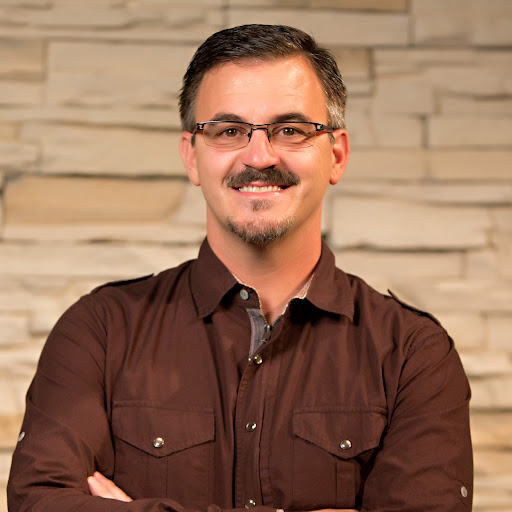
David Looney
Work:
Church at Charleston Park - Pastor (2013)
Destiny Worship Center - Crestview Campus Pastor (2011-2013)
Northwood Church at Carnes - Music Minister (2002-2011)
Destiny Worship Center - Crestview Campus Pastor (2011-2013)
Northwood Church at Carnes - Music Minister (2002-2011)
Education:
Liberty University - Theology, Lee University - Communications
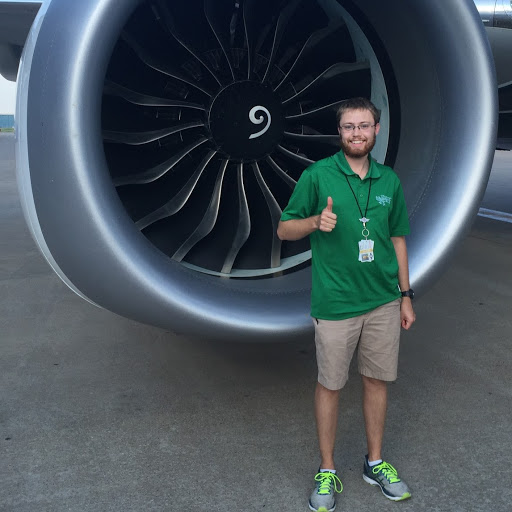
David Looney

David Looney
Tagline:
On the way to St. Ives...

David Looney
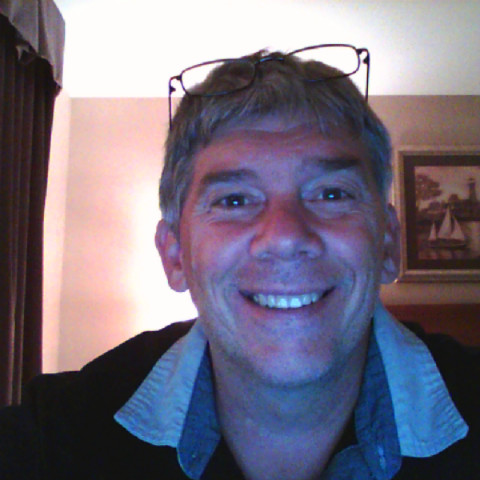
David Looney

David Looney
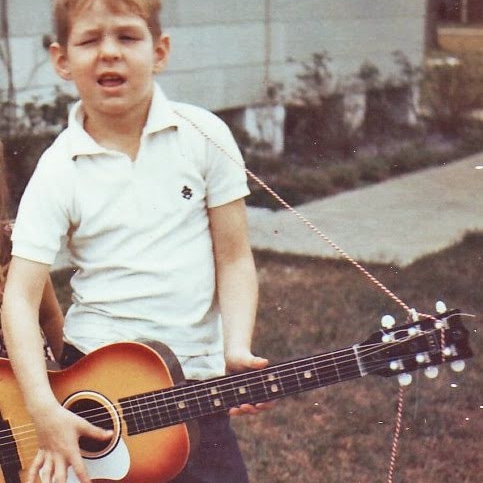
David Looney
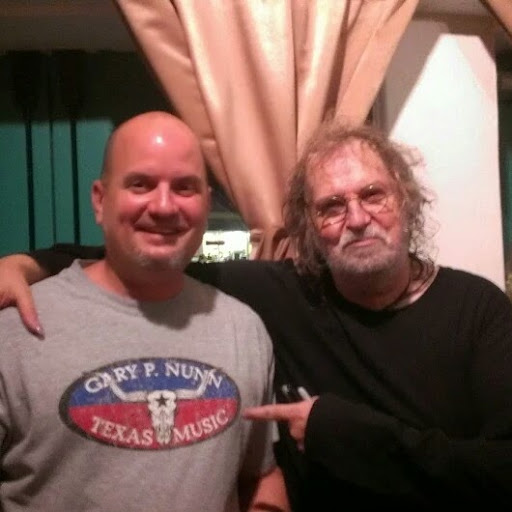
David Looney
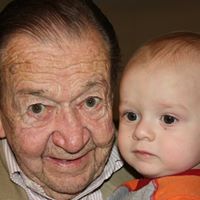
David Looney
view source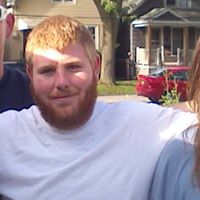
David Looney
view source
David Looney
view source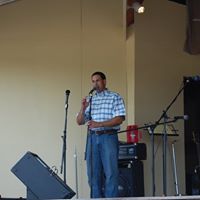
David Looney
view source
David Looney
view source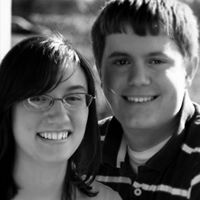
David Looney
view source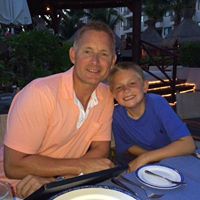
David Looney
view source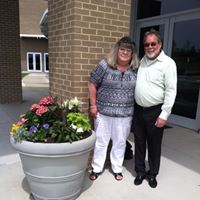
David Looney
view sourceFlickr
News

Study: Gene Therapy for HIV Safe, But Effectiveness Still Unclear
view source- Dr. David Looney, director of the Center for AIDS Research at the University of California, San Diego, said the research is still "exciting and promising" since it shows that modified immune cells can last a long time, potentially decades.
- Date: May 02, 2012
- Category: Health
- Source: Google
Get Report for David Reginald Looney from College Station, TX, age ~69



















